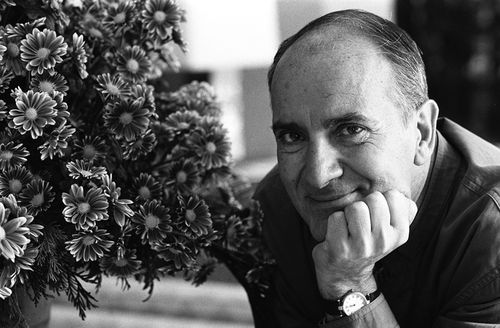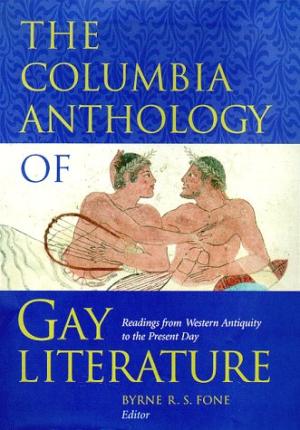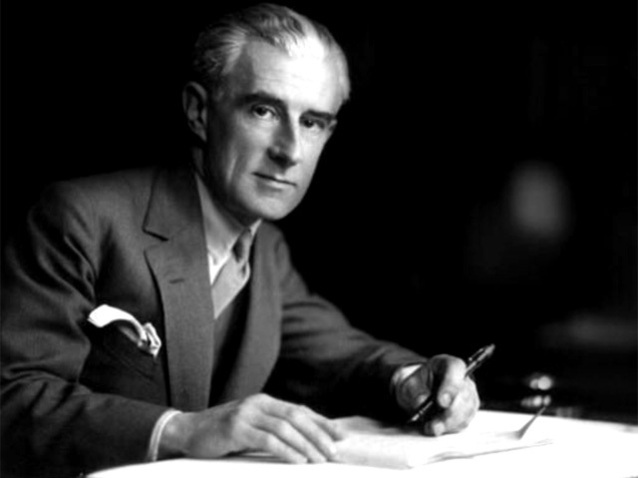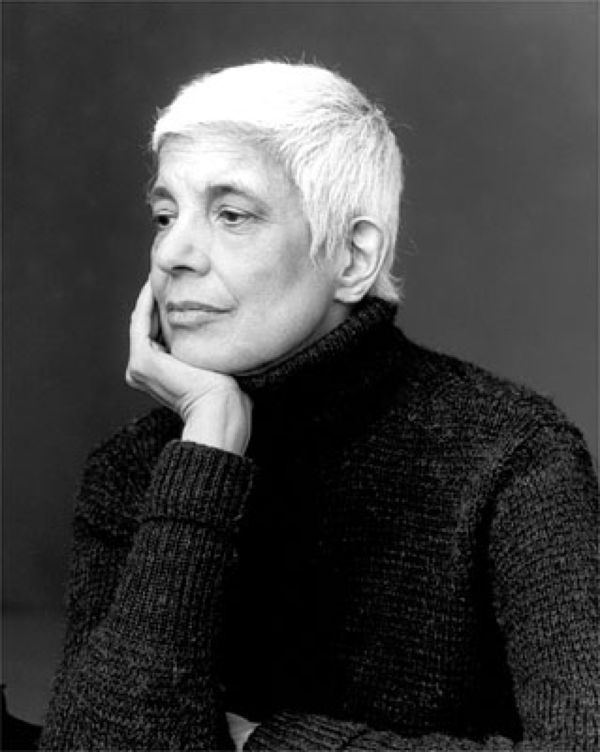December 28
FRIEDRICH WILHELM MURNAU, German film director, born (d. 1931); One of a number of directors who were part of the expressionist movement in German cinema during the 1920s, and he directed many movies that were influential. While some of Murnau's films from the silent era have been lost most still survive. They are widely acknowledged among film scholars as masterpieces.
The famous German director, best known for the exquisite silent film Nosferatu, his film Sunrise, produced in Hollywood, is one of the most beautiful films ever made. His death is certainly the most bizarre in a town known for extraordinary ways of dying. In 1931, Murnau and his chauffeur were killed in an automobile accident. From the way the bodies had been found, it was rather clear that the director was killed, and the accident was probably caused, while Murnau was blowing the driver.
Only 11 people showed up for the funeral. Among them were Greta Garbo and Fritz Lang who delivered the funeral speech. Garbo also commissioned a death mask of Murnau which she kept on her desk during her years in Hollywood.
He published a beautiful book of private photographs, many of comely young men, Die privaten fotografien. The book presents photographs from his private album, taken mostly by himself between 1924 and 1930 in Berlin, Hollywood, and Tahiti.
MANUEL PUIG, Argentine writer, born (d. 1990); Gay themes and motifs are suggested in several Manuel Puig's eight novels, and in the best known of them, Kiss of the Spider Woman, Gay desire is central to the fiction. Puig was born in General Villegas, an isolated town in Buenos Aires Province, Argentina. As a child, bored by the provincialism of his surroundings, the young Puig would go to the local movie house five nights a week to be entertained by the glamour of Hollywood movies.
BRYNE R.S. FONE, American scholar and writer, born; It would be impossible to compile a complete survey of Gay male literature; the very looseness of the definition of "Gay" (not to mention the wealth of possible material) would overwhelm the project. Despite that, Byrne R.S. Fone fashioned a useful, intelligent, and amazingly functional volume that traces Gay male themes from classical antiquity to the present day.
Drawing on a variety of traditions and cultures -- from ancient Greece to modern Egypt, from the Hebrew Bible to the Russian revolutionary Sergei Esenin -- Fone reviews and reprints not only significant texts, but also supplies readable, intelligent introductions that illuminate the subject in the Columbia Anthology of Gay Literature (ISBN: 0231096712).
Most of the material, apart from a short section on Latin American and Cuban writing, is steeped in a Western European tradition; the book nevertheless conjures a good case for a Gay sensibility--or rather a series of sensibilities--that amazes, alarms, and endures. Fone is also the author of A Road to Stonewall: Male Homosexuality and Homophobia in English and American Literature, 1750-1969 and Masculine Landscapes: Walt Whitman and the Historical Text
MAURICE RAVEL, French composer, died (b. 1875); French composer and pianist of the impressionistic period, known especially for the subtlety, richness and poignancy of his music. His piano music, chamber music, vocal music and orchestral music have become staples of the concert repertoire.
One of France's most distinguished composers, Ravel was a prolific and versatile artist who worked in several musical genres, creating stage music (two operas and several ballets), orchestral music, vocal music, chamber music, and piano music. His unique musical language, employing harmonies that are at once ravishing and subtle, made him one of the most influential composers of the 20th century.
Ravel's sexuality has been the subject of intense speculation. Although it is not certain that he was Gay, he was rumored to be so. Fiercely protective of his privacy, his most significant emotional relationship seems to have been with his mother. At the same time, however, he embraced a public identity as a cultured dandy, a dapper man-about-town of refined taste and sensibility. A life-long bachelor, Ravel had several significant relationships with men, including one with pianist Ricardo Viñes, a fellow dandy and bachelor, but it is not certain whether these friendships were sexual.
DAN AMBOYER is an American actor born on this date, best known for his starring roles on the hit series Younger, the limited NBC spin-off series The Blacklist: Redemption, and for starring as Prince William of Wales in the film William & Catherine: A Royal Romance, which also starred Victor Garber, Jean Smart and Jane Alexander.
Amboyer was born in Detroit. He attended Carnegie Mellon School of Drama, where he was offered early admittance following his junior year of high school. After graduation, he relocated to New York City.
Amboyer has appeared in numerous television shows and films, and worked extensively in theatre. Amboyer is a founding member of the theatre company Exit, Pursued by a Bear. In 2019, he made his directorial debut helming the world premiere of Whirlwind Off-Broadway, which The New Yorker called a "delightful 80 minutes."
In October 7, 2017, Amboyer publicly came out as gay and announced that he had married his long-term partner, Eric P. Berger. In November 2019, Amboyer announced via Instagram that he and Berger were expecting a son. Their son, Theodore Carl Amboyer-Berger, was born in December 2019.
SUSAN SONTAG, American writer died on this date (b. 1933); American essayist, novelist, filmmaker, and activist. Sontag had committed relationships with photographer Annie Leibowitz, choreographer Lucinda Childs, writer Maria Irene Fornes, and other women. In the early 1970s, she was romantically involved with Nicole Stephane (1923-2007), a Rothschild banking heiress turned movie actress.
Many of Sontag's obituaries failed to mention her significant same-sex relationships, most notably with photographer Leibowitz. In response to this criticism, The New York Times' Public Editor, Daniel Okrent, defended the newspaper's obituary, stating that at the time of Sontag's death, a reporter could make no independent verification of her romantic relationship with Leibovitz (despite attempts to do so). After Sontag's death, Newsweek published an article about Leibovitz that made clear reference to her decade-plus relationship with Sontag, stating: "The two first met in the late '80s, when Leibovitz photographed her for a book jacket. They never lived together, though they each had an apartment within view of the other's."
Sontag was quoted, "I grew up in a time when the modus operandi was the open secret'. I'm used to that, and quite OK with it. Intellectually, I know why I haven't spoken more about my sexuality, but I do wonder if I haven't repressed something there to my detriment. … Maybe I could have given comfort to some people if I had dealt with the subject of my private sexuality more, but it's never been my prime mission to give comfort, unless somebody's in drastic need. I'd rather give pleasure, or shake things up."
Subscribe to Gay Wisdom
Would you like to have Today in Gay History (aka Gay Wisdom) sent to you daily?






